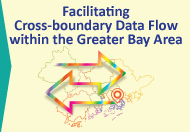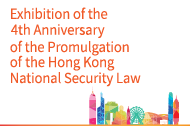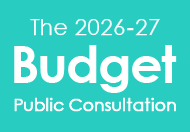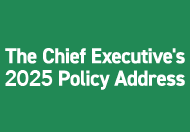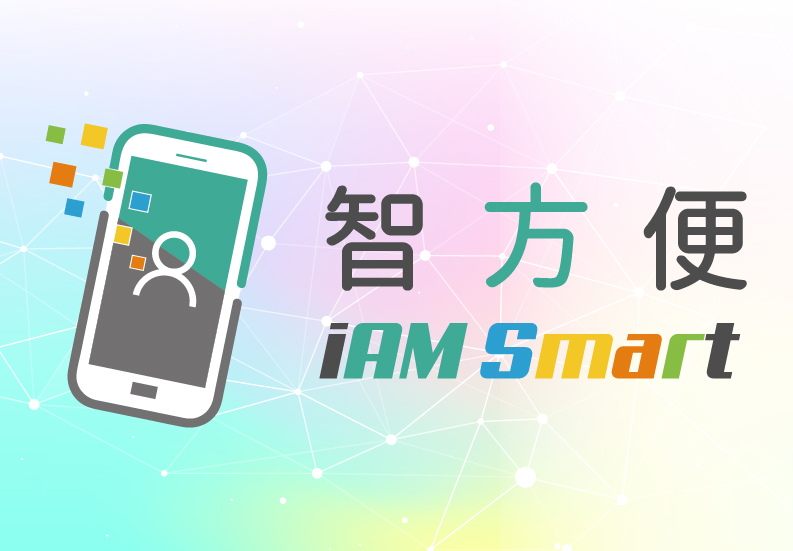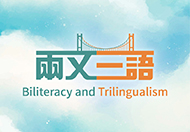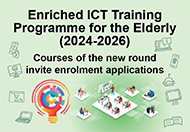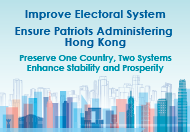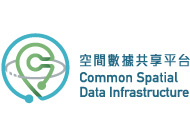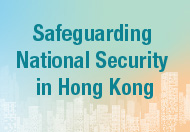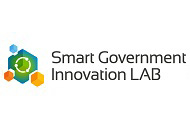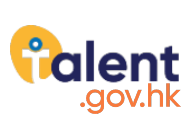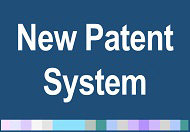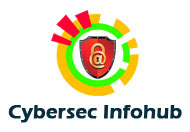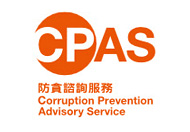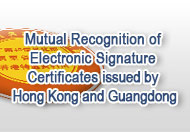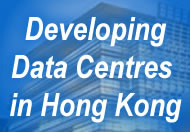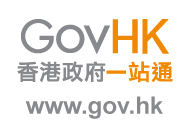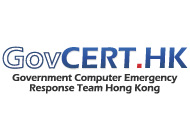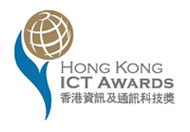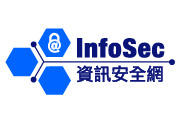Speech by Ir Tony Wong, JP, Commissioner for Digital Policy, at the “Cyber Security Summit Hong Kong 2024” (with photos)
穆副主任, 戴院士, Sunny, Mohamed, Dale, distinguished guests, ladies and gentlemen,
Good morning. I am delighted to be here today for the Cyber Security Summit 2024. Firstly, I would like to extend my heartfelt appreciation to the Hong Kong Productivity Council for orchestrating the Summit again this year, which brings together renowned cybersecurity experts from both local, national and international backgrounds, offering a unique opportunity to foster learning, collaboration, and networking in the cybersecurity field.
Digital transformation is fundamentally altering the operational landscape for corporations and organisations. The progress in technologies like artificial intelligence (AI), the third generation of the Internet (Web3), and virtual assets, combined with Hong Kong’s strong digital infrastructure and skilled innovation and technology (I&T) workforce, presents a unique opportunity for our city. We can harness these advantages to shape the future of the digital economy and elevate Hong Kong to a world-class innovation and technology hub. However, the convergence of AI and cybersecurity presents both unprecedented opportunities and complex challenges. The rapid evolution of AI technologies has introduced new paradigms that demand innovative solutions and has also given rise to a paradox — where technologies designed to enhance security can inadvertently create vulnerabilities that adversaries seek to exploit.
AI may give rise to issues of concerns related to laws and regulations, ethics, authenticity of information, privacy protection, intellectual property (IP) rights, addiction, and excessive dependence, etc. In Hong Kong, the Office of the Privacy Commissioner for Personal Data (PCPD) published the Guidance on the Ethical Development and Use of Artificial Intelligence (the AI Guidance) in 2021 to assist organisations in understanding and complying with personal data privacy protection requirements as stipulated by the Personal Data (Privacy) Ordinance when developing and utilising AI that involves the use of personal data. The AI Guidance covers a range of crucial aspects including the data stewardship values and ethical principles that organisations should uphold when dealing with AI. The AI Guidance also aids organisations in formulating appropriate AI strategies and management models aligned with ethical considerations. The Digital Policy Office (DPO) has also developed the Ethical AI Framework for all bureaux and departments (B/Ds), offering practical guidance on the implementation of IT projects with the adoption of AI technology. We further updated the framework in August last year to reflect recent advancements in generative AI, providing clear directives for developing AI related applications.
The Government recognises the immense potential of AI and is committed to leveraging this powerful technology to promote the development of smart city and digital government. To date, several e government service projects have integrated AI technologies. For instance, my office and the Transport Department collaborated to develop the "Traffic Data Analytics System," which utilises AI and big data analytics to process various traffic, transportation, and weather data. Meanwhile, the Lands Department and the Highways Department employed AI-assisted image analytics to anonymise human faces and vehicle license plates in internal street view images, thereby enhancing privacy protection. As announced in the 2024 Policy Address last week, DPO will also spearhead the pilot use of a locally developed generative AI document processing copilot application in government departments. To further promote the development of the local AI ecosystem, the Government has allocated $3 billion and launched a three-year AI Subsidy Scheme to support local universities, Research and Development (R&D) institutes, government departments and AI-related enterprises in leveraging the computing power of Cyberport’s AI Supercomputing Centre (AISC). The subsidy will also be used to strengthen the cyber security and data protection of the Centre, and organise promotional and educational activities to attract Mainland and overseas AI experts, enterprises and research and development projects to come to Hong Kong.
As we navigate this complex terrain, it is imperative to strike a balance between fostering innovation and upholding principles of privacy, security, and ethical governance. By recognising potential risks, adopting strategic responses, and implementing strong governance frameworks will enable us to maximise the benefits of AI for a more resilient and secure future. I invite industry stakeholders to collaborate with the Government in advancing digital transformation and cultivating a sustainable community.
In closing, I wish you all a rewarding experience throughout this Summit with fruitful takeaways. Thank you.
- ENDS -








